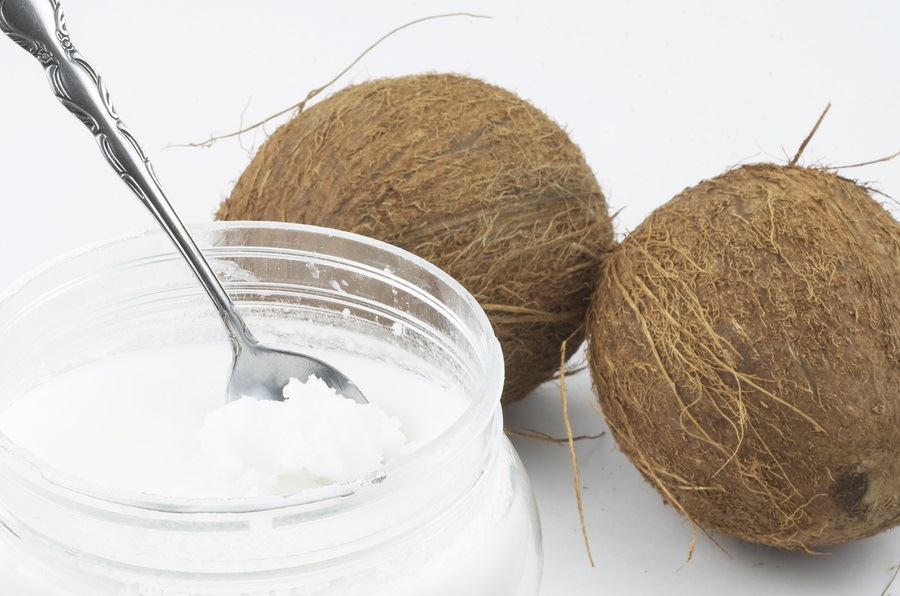Autophagy and Intermittent Fasting: Removing Waste from the Body and Cellular Regeneration for Better Health
Autophagy is essentially an intra-cellular survival system of removing waste and malformed cellular components from the liquids within animal and human cells. This phenomenon was noticed a half-century ago in animals but soon forgotten. Recently, Japanese cell biologist, Yoshinori Ohsumi, researched autophagy more thoroughly to discover its value for humans, leading to how it can be stimulated and controlled for weight loss and other even more important health considerations disclosed in this article. Ohsumi was awarded the Nobel Prize in 2016 for his autophagy discoveries. The word itself is derived from Greek and means self-eating. It's an enzymatic degradation process that serves to remove faulty cellular particles and reorganize them better for better health, immunity, metabolism, and anti-aging. Autophagy that's not interrupted or inhibited by poor dietary habits can induce better metabolism for greater overall energy, increase natural HGH (human growth hormone) production, resolve obesity, create insulin management, reverse pre-diabetes, and protect against cancer and neurodegenerative diseases.








